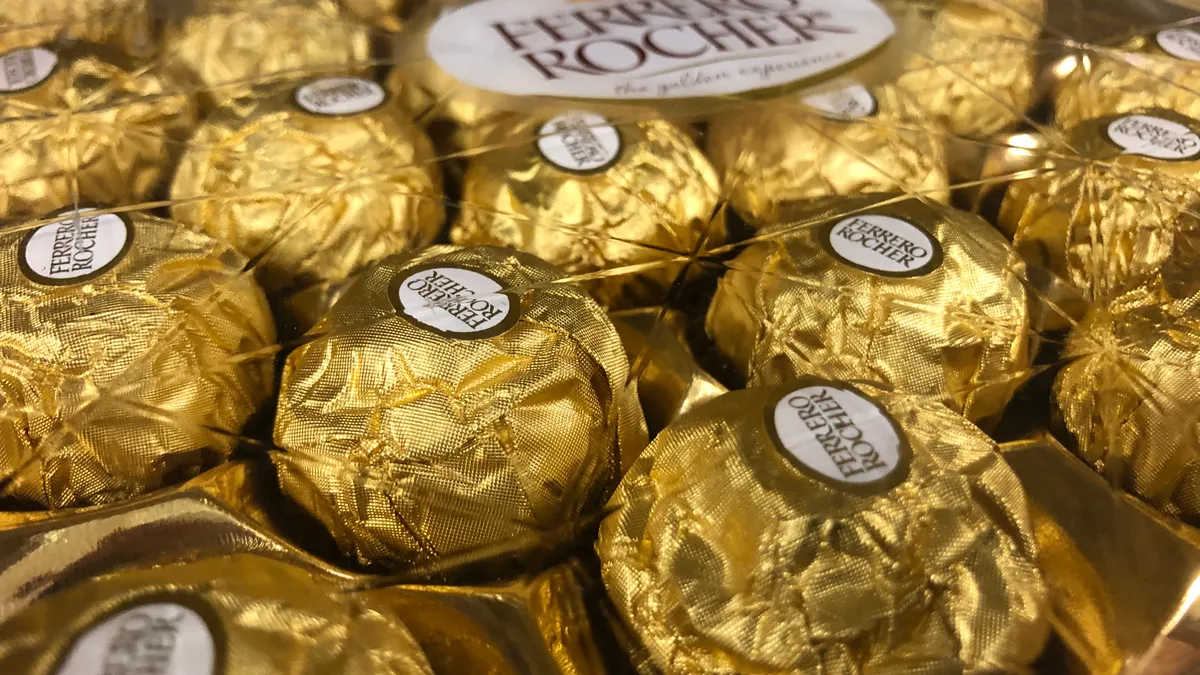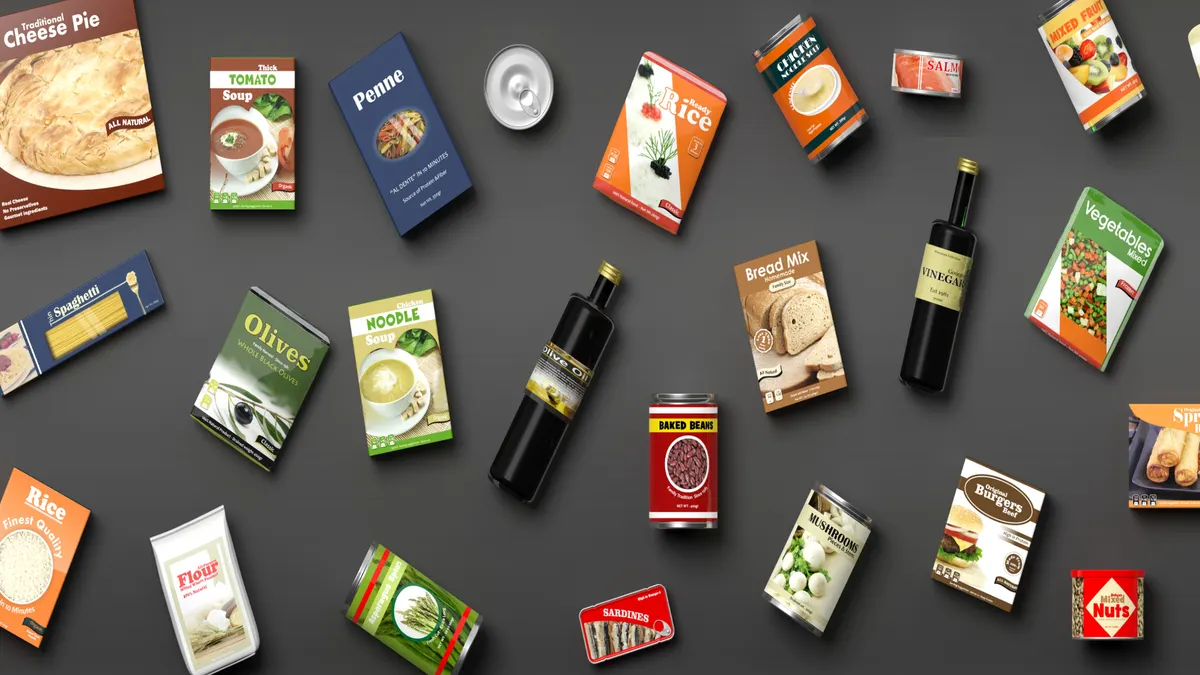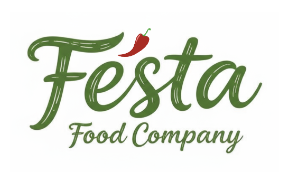Dive Brief:
- Following the lead of restaurant chefs, packaged food manufacturers are incorporating more alcohol flavors into foods via denatured alcohols, reductions and natural flavor extracts. These ingredients allow manufacturers to comply with state regulations that limit alcohol in packaged foods, avoid paying alcohol taxes, and keep the residual alcohol to less than the 0.5% needed to avoid having to declare alcohol content.
- "Interest in craft beer, artisanal spirits and wine appreciation have translated from the restaurants to the large-scale manufacturers," Dave Sackett, of Mizkan Americas Inc., Mount Prospect, Ill told Food Business News.
- Sensient Flavors is using beer, wine and spirits in what it calls "American saloon fine alcohol natural flavors" and is using red wines and rums with confectionery and dairy, primarily chocolate and fruit.
Dive Insight:
Attaining the desired flavor profile often requires a combination of alcohol ingredients. For example, a recipe that uses denatured or reduced ingredients may see an increase in overall alcohol notes by adding flavors. These newly popular alcohol ingredients can lead to innovative and flavorful food products that fit into the current trend of adventurous, bold flavors.
"The main challenge of formulating with alcohol flavor over cooking with alcohol is that flavors typically only capture the volatile portion of the flavor profile," Noah Michaels, senior product development chef at Symrise, told Food Business News.
The same article quoted Roger Lane, marketing manager-savory at Sensient, as saying, "People have become more interested in where their food comes from, with an emphasis on small batch and hand-crafted products. Premium alcohol flavors fit right into this movement and are an easy way to add value to all types of foods, from soups to sauces and entrees to desserts."








